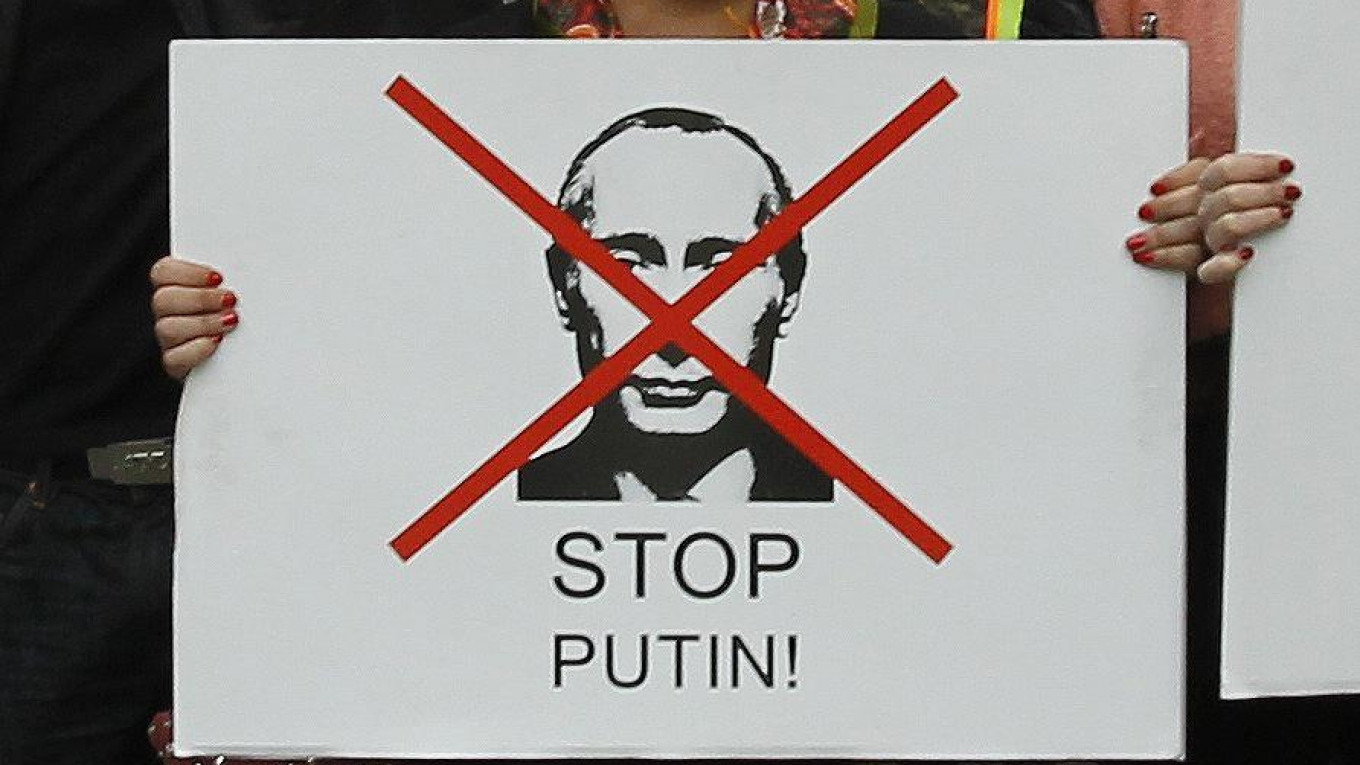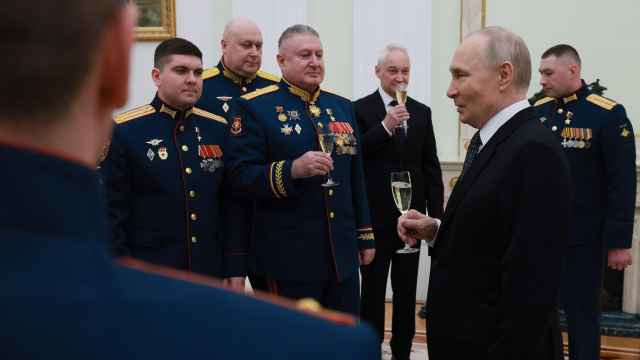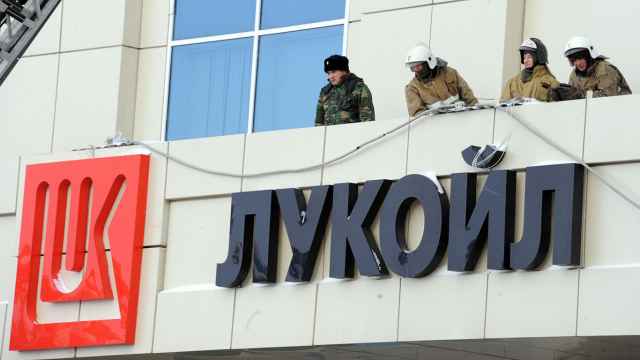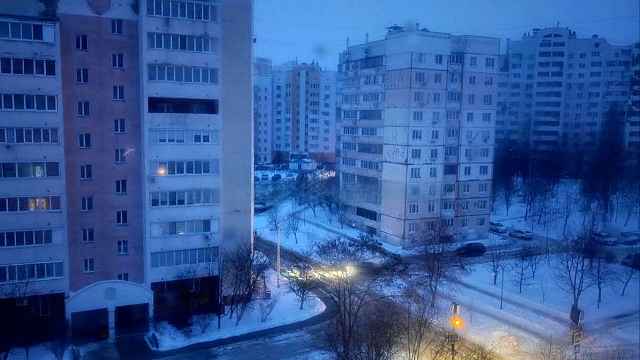In January, writer David Satter was scheduled to discuss his book “The Less You Know, the Better You Sleep: Russia’s Road to Terror and Dictatorship Under Yeltsin and Putin” at the Center for International Research (CERI). The center is part of the Paris Institute of Political Studies, or Sciences Po, which counts many business and political elites among its alumni. France’s president, Francois Hollande, is a former student.
Two days before Satter was due to speak, the event was canceled without explanation. The event notice was removed from the department’s website, the Buzzfeed news website first reported.
Satter’s book claims that the 1999 apartment bombings in Moscow were part of an undercover FSB operation to provide the pretext for a second war in Chechnya.
The theory has wide credence among Russian opposition circles. But it is a dangerous theory to express in public. Two of its leading proponents, investigative journalist Anna Politkovskaya and FSB-agent-turned whistleblower Alexander Litvinenko both died in suspicious circumstances.
Satter, a former correspondent at the Financial Times, was himself expelled from Russia in 2014. It was the first expulsion of a journalist since the Cold War.
Buzzfeed’s article cited an unidentified source claiming Sciences Po had canceled Satter’s event to safeguard Science Po’s relationship with the Russian universities it has exchange programs with.
“A few months ago, the Center refused to welcome the Ukrainian Prime Minister, who is not in the good books of Moscow,” a source told BuzzFeed France. “After a conference on Chechnya [in May 2016] the Center received complaints from the Russian embassy. It was brutal. This time, the Center has censored themselves in advance.”
Asked to comment by The Moscow Times, the Russian Embassy in France denied having ever issued a complaint against any event held at Sciences Po or other educational institutions. “That’s not how we operate,” an embassy spokesperson said. “We are really surprised at these allegations.” Neither BuzzFeed or any other news outlet had asked the embassy to comment, they added.
Ahead of French presidential elections in April, Russia is a hot topic in France. Marine LePen, the leader of the far-right Front National party, has famously received funding from Russian banks, and has said she considers Crimea part of Russian.
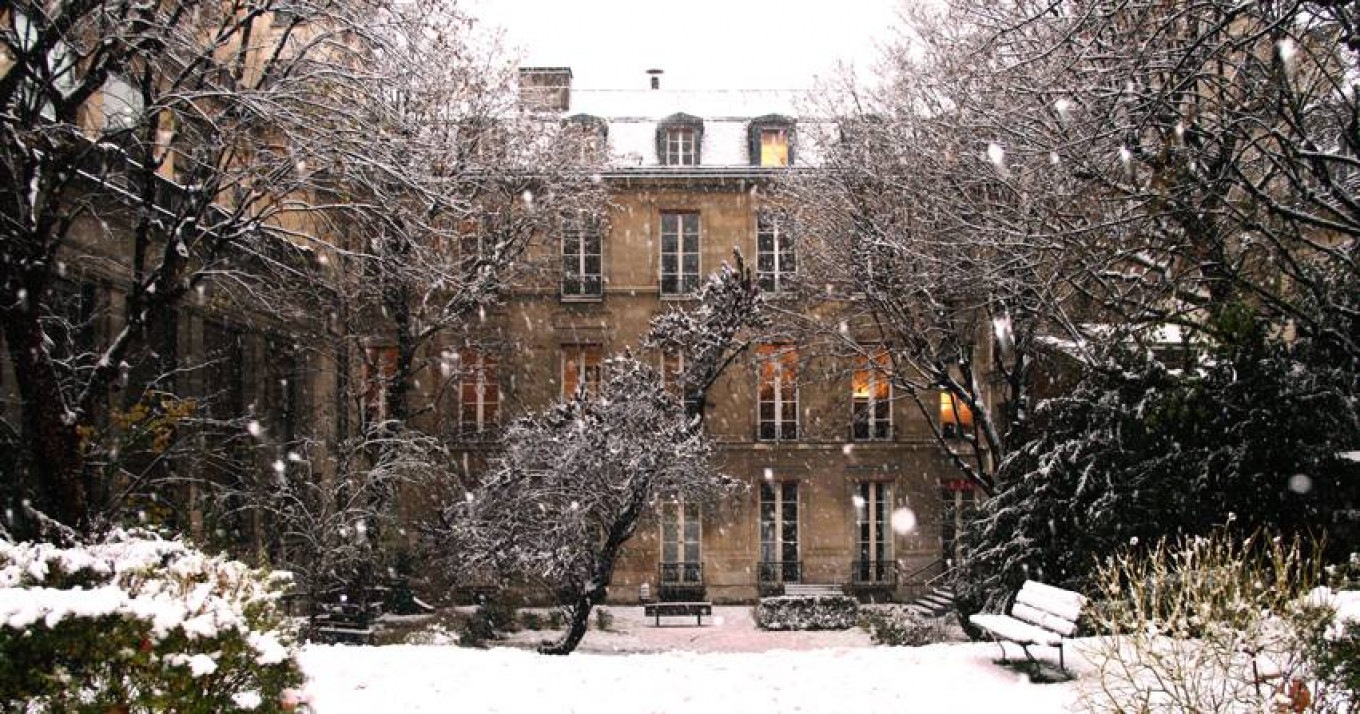
Her biggest rival Francois Fillon, of the Republican Party, has also spoken out in favor of mending ties with Russia.
Dozens of students have now sent a letter to the university’s president, Frederic Mion, demanding an explanation for why Satter’s talk was cancelled.
“As a student of a world-renowned institution that prides itself on promoting free expression, democratic values, and the exchange of ideas, I am appalled that Sciences Po would bend under authoritarian pressure and be complicit in censorship of free and critical thinking,” the letter, seen by The Moscow Times, reads.
In comments to the Moscow Times, the university’s press service denied “any kind of political pressure” or “external interference” resulting in the cancellation of Satter’s event.
“The conference did not meet the criteria required by CERI’s scientific events policy,” a representative said. In additional comments, the Center explained such events have to be organized by a permanent member of the faculty. That had not been the case.
“As soon as the CERI found out the planned event did not comply with this rule — the day after it has been made public — the Center decided to cancel the event,” it wrote. A letter sent to students by the head of CERI Alain Dieckhoff echoed that logic.
But many students are not convinced.
“The timeline doesn’t make sense. Why would CERI schedule an event and then cancel it on a formality?” asks Stuart Richardson, a 23-year-old American studying international security at Sciences Po. Richardson also noted other departments at the university seemed “reticent” to reschedule the event with Satter.
The students are also irritated that, in November, the university invited Florian Philippot, vice-president of the far-right Front National party, to speak. The event was cancelled before it began when student protests blocked Philippot’s entrance to the hall. The students were reprimanded by the university’s leadership, and President of Science Po wrote to them a reprimanding email.
“Now more than ever, the University must be a place where opposing views can be discussed with no restrictions other than compliance with the laws and regulations of our country,” the email read.
A student, who asked to remain anonymous, told The Moscow Times that the university’s subsequent position on Satter looked “a bit hypocritical.”
In a closed group on Facebook seen by The Moscow Times, the Sciences Po students are now considering several options. One student has suggested crowd-funding to pay for an event with “an anti-Putin speaker.”
“The irony is that most of us would not have attended this event in the first place,” says Richardson. “But now that the impartiality and academic integrity of Sciences Po has been questioned, many of us are pushing the administration to re-invite Mr. Satter.”
A Message from The Moscow Times:
Dear readers,
We are facing unprecedented challenges. Russia's Prosecutor General's Office has designated The Moscow Times as an "undesirable" organization, criminalizing our work and putting our staff at risk of prosecution. This follows our earlier unjust labeling as a "foreign agent."
These actions are direct attempts to silence independent journalism in Russia. The authorities claim our work "discredits the decisions of the Russian leadership." We see things differently: we strive to provide accurate, unbiased reporting on Russia.
We, the journalists of The Moscow Times, refuse to be silenced. But to continue our work, we need your help.
Your support, no matter how small, makes a world of difference. If you can, please support us monthly starting from just $2. It's quick to set up, and every contribution makes a significant impact.
By supporting The Moscow Times, you're defending open, independent journalism in the face of repression. Thank you for standing with us.
Remind me later.


